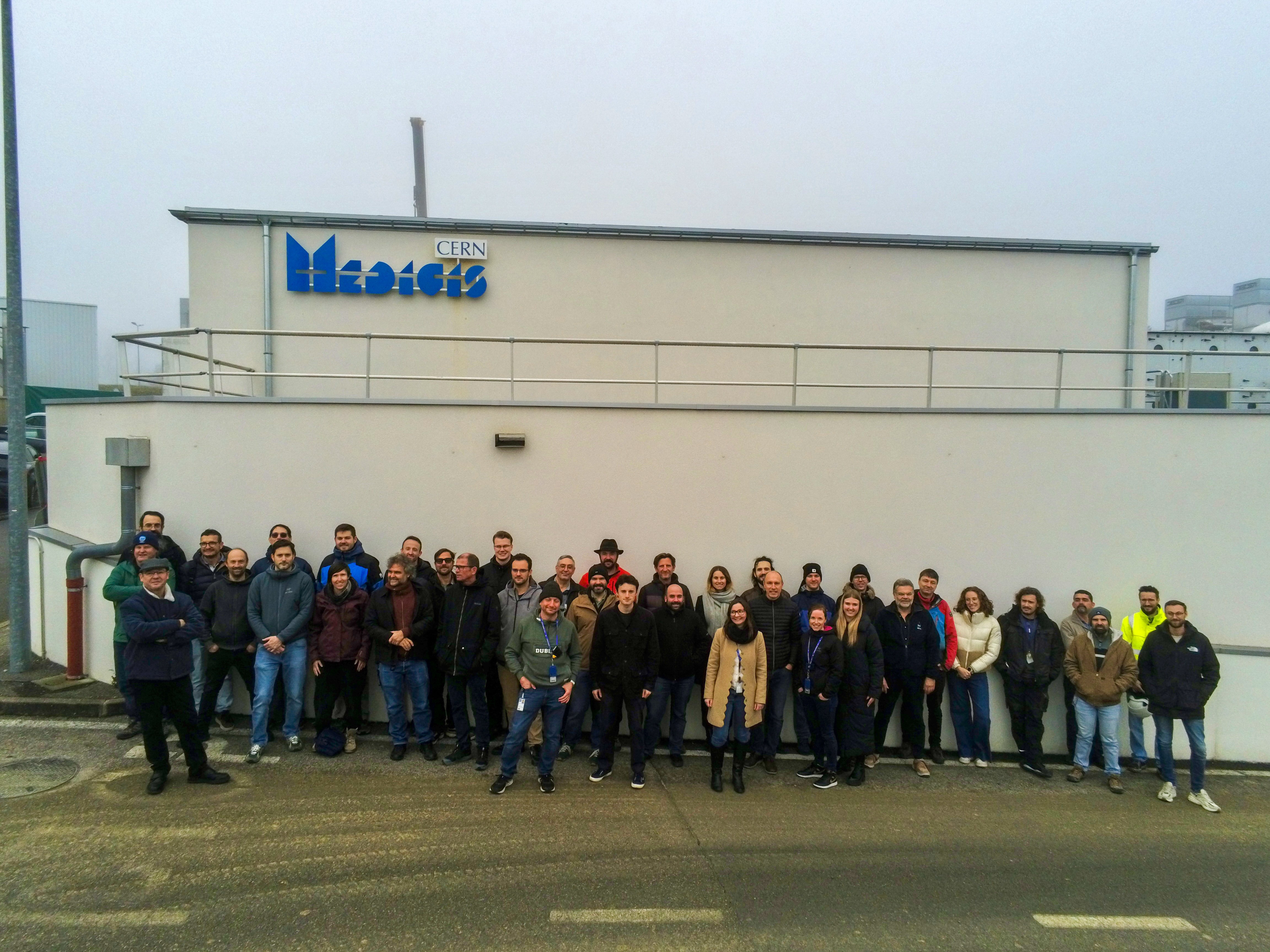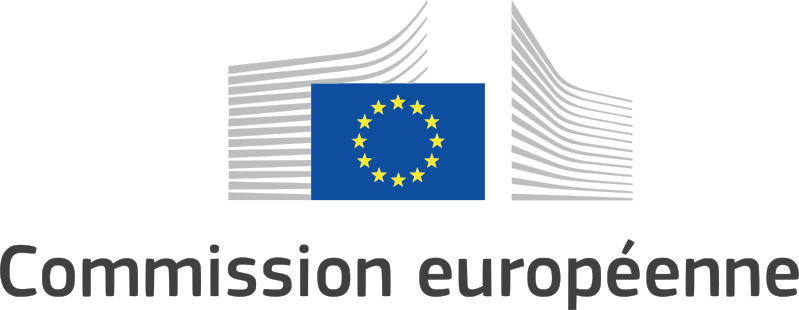ESR3
|
Johanna Pitters: ESR-3 Institution: CERN Nationality: Austrian |
|
Working field: Charge breeding of light ions for cancer treatment – possibilities and limitations In hadron therapy mostly protons and 12C are used for irradiation treatment. Other light ions, especially the PET candidate 11C, are being considered as treatment ions owing to their excellent characteristics for imaging. The overall goal of this research project is to explore the possibilities and limits of using a charge breeder system connected to an ISOL production stage as a preparation tool for radioactive treatment beams. The centrepiece of the charge breeder system is an Electron Beam Ion Source (EBIS). Inside the device a high intensity electron beam is used to increase the charge state of the treatment ions from 1+ to 6+ (for carbon) by electron impact ionization. |
Post no.
ESR 3
Duration
36 months
Work package
WP2, D2.2: CO molecule fast gas injection and C-->C6+ and C-->C1+
-->Cn+ charge breeding investigations
Recruiting partner
CERN, Switzerland
Objective
For different types of treatment ions explore the possibilities and limitations of the charge breeding stage linking the radioactive beam production and post-accelerator
Expected results
- Ion throughput capability of the charge breeding system as is for different type of treatment ions and the means of increasing it., by e.g. implementing alternative cooling methods in the Penning trap or using continuous mode injection into the Electron-Beam Ion-Source (EBIS).
- In collaboration with ESR1 address the beam purity by 11C16O breakup efficiency inside the Penning trap and EBIS, and stable beam contamination.
- Establish the operational conditions such as injection repetition rate, extracted pulse length and mass-to-charge ratio.
- Literature study on Electron Cyclotron Resonance Ion Source (ECRIS) alternative charge breeding in collaboration with MEDAUSTRON
Enrolment for PhD at
Chalmers University of Technology, Sweden
Planned secondment(s)
Medaustron, Austria – 5 months – The rotation will allow the student to acquire operational experience from a full-scale treatment facility and extended experience of alternative ECRIS


